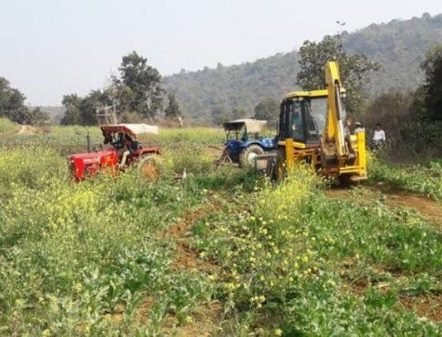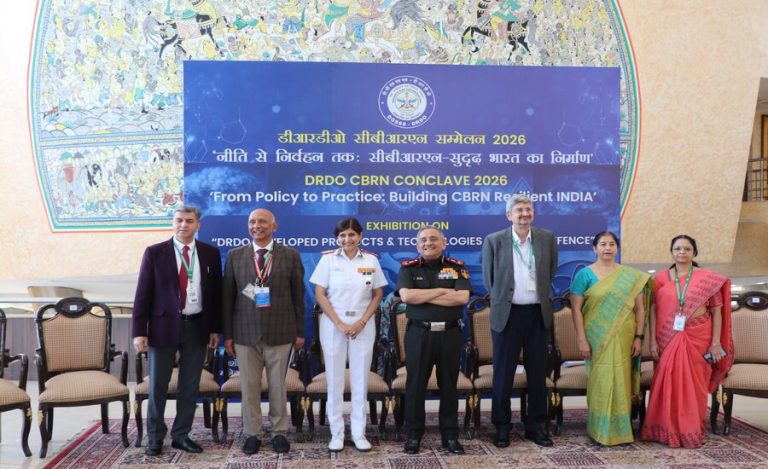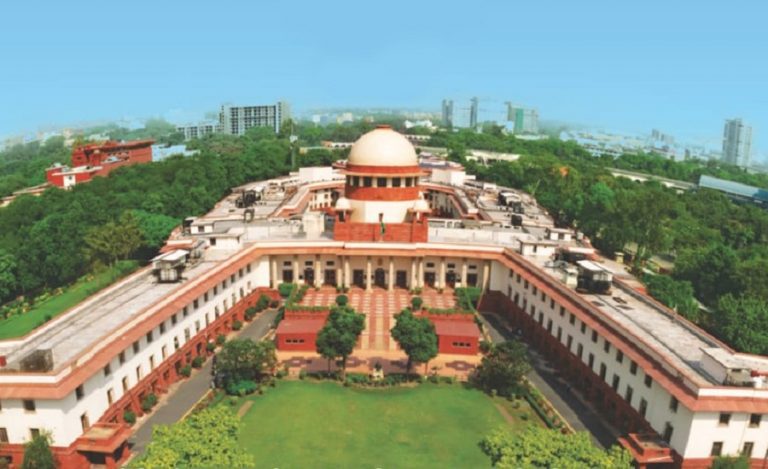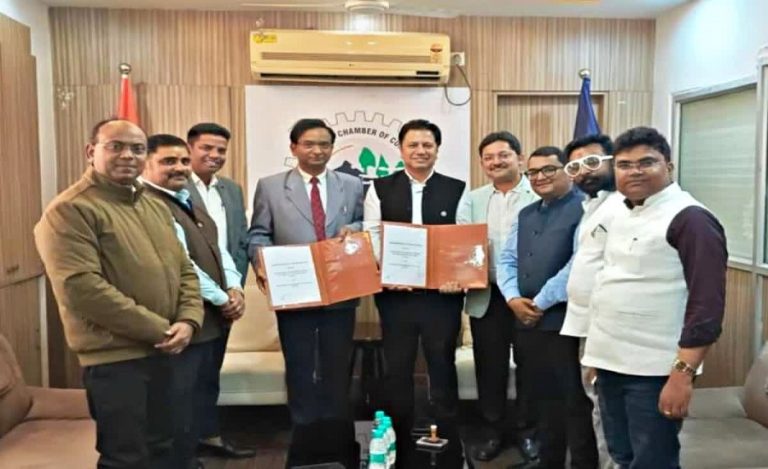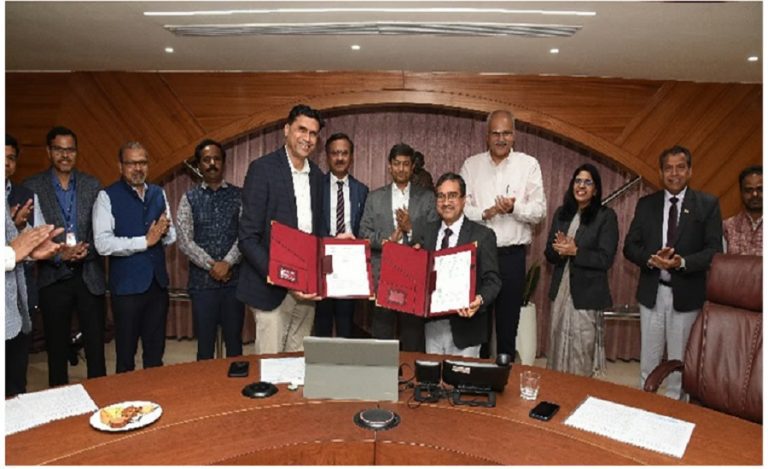For a long time, opium cultivation was a headache for the authorities of the Gautam Buddha Wildlife Sanctuary in Gaya district of Bihar. Villagers of nearby areas were engaged in its cultivation on a riverbank in the inner part of the sanctuary. Cultivators were getting as much as one lakh rupees per acre of land used for cultivating opium.
However, the situation has changed now after three years of continuous campaign by the Department of Environment, Forest and Climate Change. The same villagers have started cultivating lemon grass instead of opium. Indian Masterminds found out details of how this remarkable change came about.
LEMON GRASS CULTIVATION
This year, instead of opium cultivation, the villagers cultivated lemon grass in 100 acres of land within the forest. The arrangement for extracting lemongrass oil was done in the village itself and it was sold at the rate of Rs 1200 to 1500 per litre.
Deepak Singh, Principal Secretary, Environment, Forest and Climate Change Department told media that a lot of efforts have been made at the local level for this change to come about.
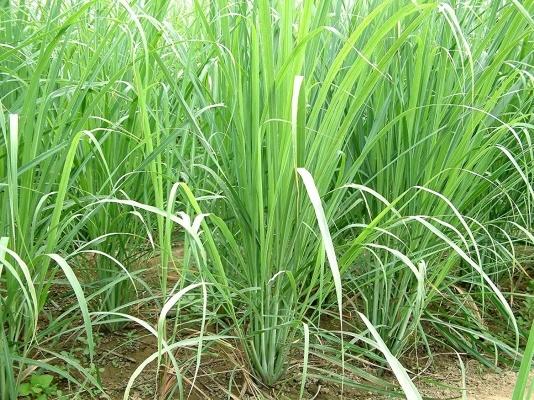
WOMEN AND CHILDREN CAMPAIGNED
DFO Abhishek Singh informed that with the help of the district administration, lemon grass was planted in over one hundred acres of land under central assistance scheme in the Naxal-affected area.
“With the help of children and women of the region,we started an awareness campaign. They wore T-shirts that highlighted the campaign. The result of our campaign is that,today, this area has become the hub of lemon grass.”
OPIUM DESTROYED
Local villagers said that in the year 2007-08, opium cultivation started in Barachatti block. Mafia of Punjab, Haryana and Rajasthan provided cooperation in the cultivation. It was revealed that 95 percent of the wildlife sanctuary was under the cultivation of opium.
DFO Abhishek explained that it was difficult to wean away the villagers from opium cultivation. The forest area was also getting damaged due to the opium crop. So, the Forest Department firmly decided to get rid of it.

The Eco Development Committee was formed at the local level and regular meetings took place. Awareness campaigns were started where people were told and educated about the harmful effects of opium cultivation. Simultaneously, opium crop was also destroyed in over 450 acres of land.
EMPLOYEMENT GENERATED
To give alternative employment to the people engaged in the opium business, the Mahatma Buddha Agri Clinics and Agri Business Centre located in Gaya linked up with the villagers and arrangements were made for direct purchase of lemon grass from them. A plant was also set up in Javgir for the extraction of the oil of lemon grass.
“After all these efforts and awareness campaigns, the picture has totally changed now,” said DFO Singh.

